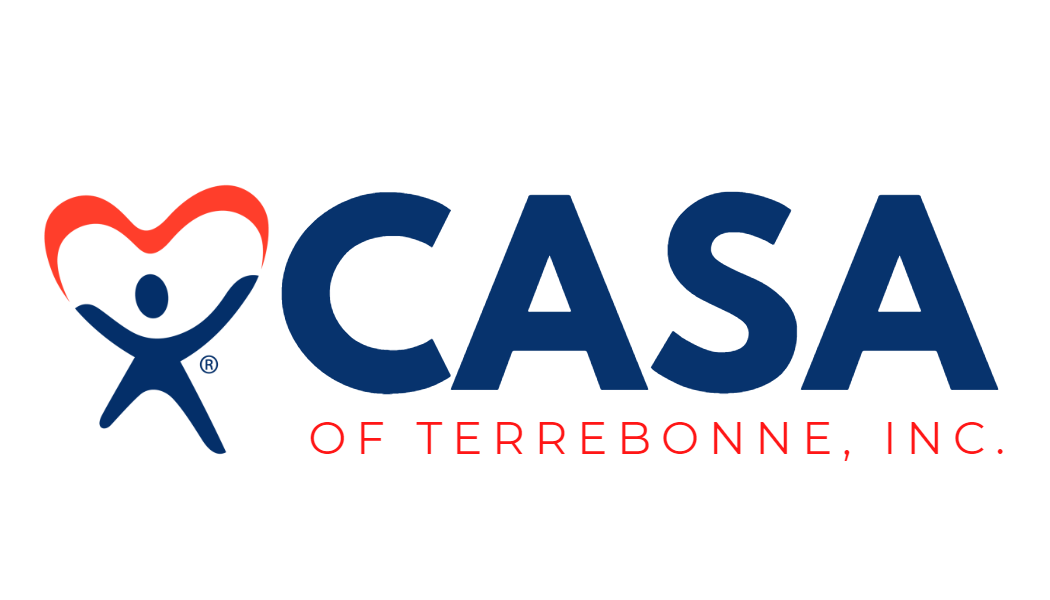
Unfortunately, bullying is all too common among children. As high as 25% of pre-teens and teens in the general population are estimated to experience bullying. Among marginalized populations, such as foster youth, that figure goes up to 80%. It is highly likely that your CASA child that you advocate for is being bullied, is at risk of being bullied or is bullying others. In an informal FosterClub survey of current and former foster youth, several children said that bullying happens in the group or foster homes. Bullying can have serious lifelong consequences. As an advocate you must be equipped to help your CASA child.
As an advocate, it is part of your role to know how your child/ren are doing in school. You find out by speaking to the teacher, counselors, and of course the children themselves. Although it is important to your advocacy to know your child’s grades and attendance, you also want to know how they are generally faring in school. Ask questions on a regular basis about how your child is doing at school. Be aware of cues of bullying, such as an unwillingness to interact with certain children in the foster home or neighborhood, reluctance to go to school or dropped activities they previously enjoyed.
Sadly, for children in foster care, bullying and teasing may be more common but these children have fewer supports available to help them deal with these issues. As a CASA volunteer, you stand up for your child and work hard to make sure they are in a safe environment, this includes being the adult that listens to them and believes them and insures them they are not alone in this fight.
Resources:
- Louisiana Anti-Bullying Laws and Policies - Take a look at Louisiana laws and regulations, it's full of helpful links & definitions
- Bully Free: How to be an Advocate - Do you know a child who is being bullied? Learn ways to advocate with schools to provide effective anti-bullying programs.
- CASA Conversations - California CASA Association has developed multiple topics, to help volunteers navigate difficult conversations with their youth.

